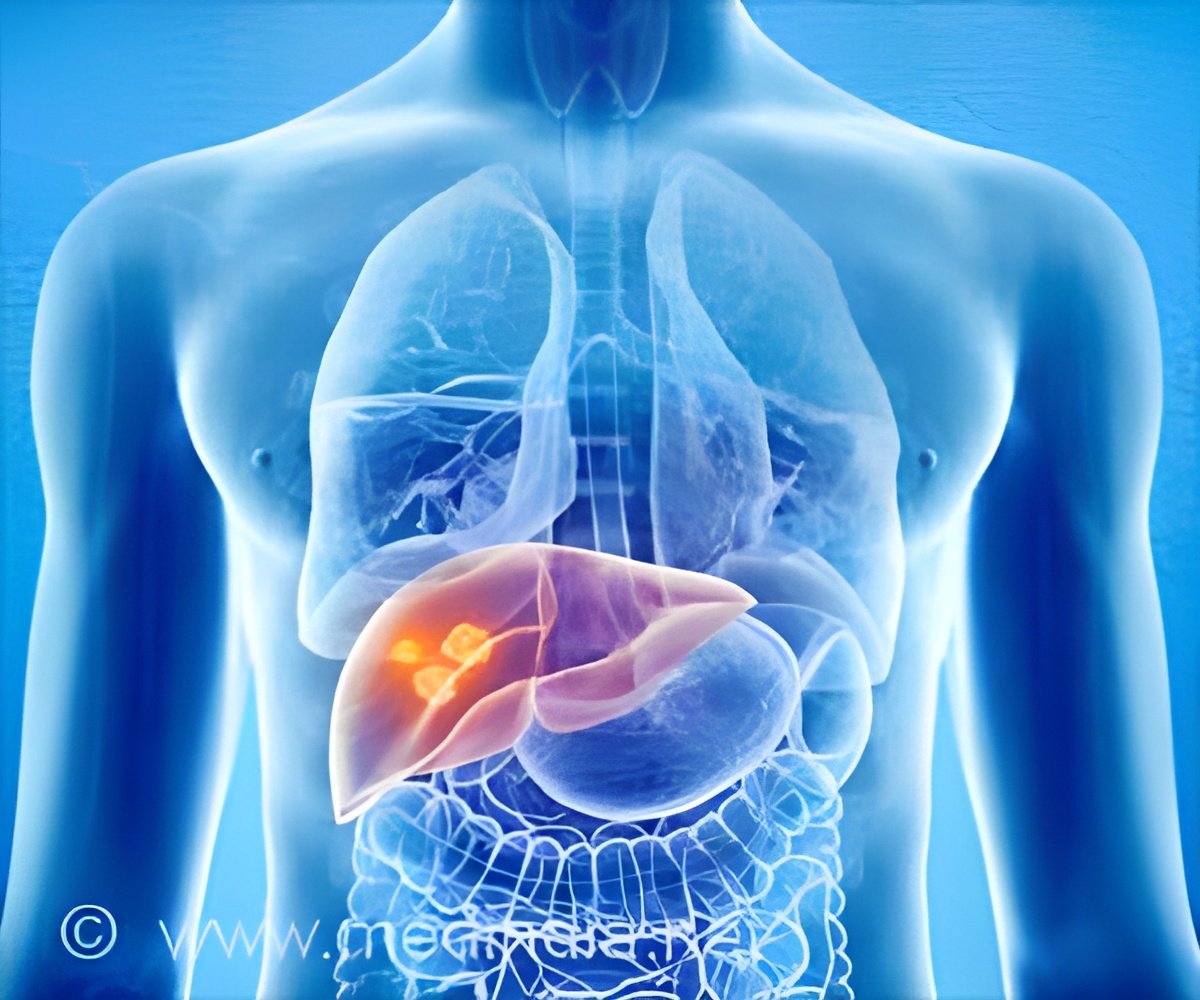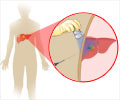
‘Combination therapy has been a major advance for treating cancer. Treatment-resistant liver cancers could be treated effectively by kinase inhibitors with PD1 inhibitors.’
Read More..Tweet it Now
"The holy grail of immunotherapy in treating solid cancers like HCC is to draw cancer-fighting T-cells inside the tumor," explains Dan G. Duda, DMD, PhD, director of translational research in GI Radiation Oncology at MGH and senior author of the study.Read More..
"We found that regorafenib delivered at the right intermediate dose tricks cancer cells into expressing a chemokine known as CXCL10 which, in turn, triggers intratumoral T-cell infiltration."
HCC, the most common form of liver cancer, is an aggressive gastrointestinal disease that is increasing globally at more than 3% a year. It is the second deadliest form of cancer, responsible for more than 700,000 deaths annually.
The encouraging news for patients is the emergence in recent years of combination therapies of anti-vascular endothelial growth factor receptor (anti-VEGFR) inhibitors along with PD1 pathway blockades.
This type of cancer develops a rich new vasculature that feeds tumor progression. This vasculature is highly abnormal, which limits the recruitment and activity of effector T-cells. Anti-VEGFR inhibitors work to control that growth in part by normalizing tumor vasculature and increasing T-cell infiltration into tumors.
Advertisement
PD1 inhibitors, for their part, restore the immune system's ability to become activated and kill cancer cells by inhibiting the interaction between PD-L1, a protein on the surface of some of the malignant and non-malignant cells in HCC, and the protein PD1 on the surface of T-cells.
Advertisement
"Combination therapy has been a major advance for the field, but it still has limitations in treating liver cancer, as evidenced by the fact so many patients experience recurrence of the disease, even as they are living longer," says Jain.
"To address treatment resistance, we suggested that an inhibitor that can target multiple kinases beyond VEGF receptors could be particularly effective. Our research teams were able to show that regorafenib has that unique capability when used at doses that induce both vascular normalization and increased expression of the chemokine CXCL10 in cancer cells. These intratumoral changes induce infiltration of T-cells into tumors where they can more effectively do their job."
Findings from the MGH study are directly informing ongoing clinical trials of regorafenib in cancer patients. Indeed, this work is highly relevant to the future development of treatments for HCC as well as other cancers that metastasize to the liver, according to Duda.
"Now that our preclinical study has shown the effectiveness of dual therapy, we need to understand how to combine its components in ways that produce maximum benefit in patients," he says. "Our work has taken a major step in that direction by demonstrating the importance of targeting the immune microenvironment of HCC while using immunotherapy against this deadly cancer."
Source-Eurekalert











